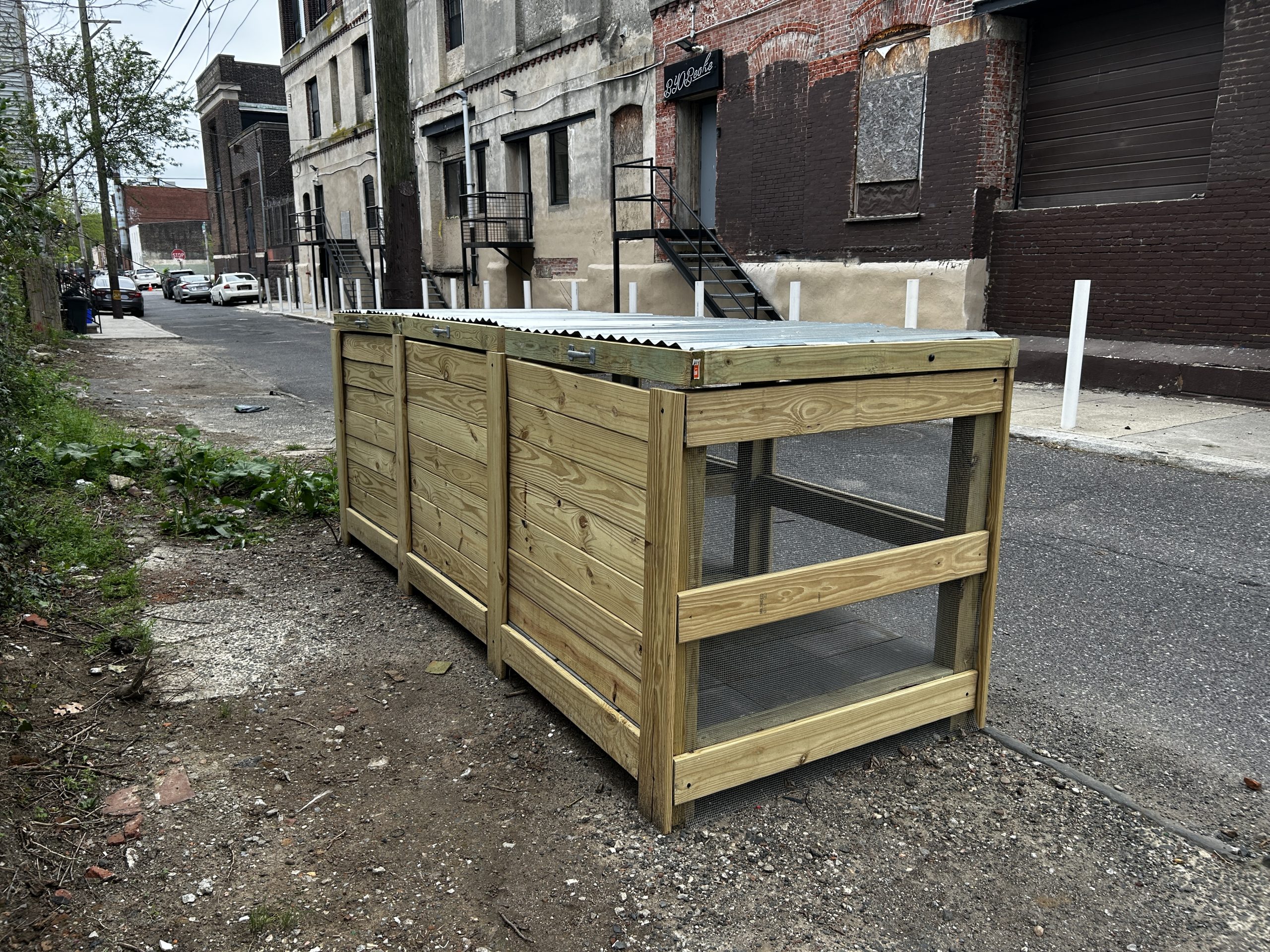Model Municipal Ordinance on Advancing Community Composting
We’re excited to share that The Institute for Local Self-Reliance has released a new Model Municipal Ordinance for Advancing Community Composting. From ILSR:
Local governments have a powerful role to play in the success of community composting. Laws and regulations can either uplift or significantly hinder the ability of community composting sites to operate, scale up, and divert organics from landfills or incinerators.
With food waste making up almost one quarter of municipal solid waste,1 supporting a distributed local composting network with good policy paves the way for local governments to save on waste disposal costs. Large waste companies profit off of every ton a community sends for disposal, and they don’t usually invest those dollars back into the community.2 By avoiding disposal costs for organics, local governments can foster a circular alternative that turns a wasted resource into local wealth. The many co-benefits that community composting offers — local jobs, resilient local soils, enhanced food security, and community engagement, to name a few — contribute to stronger and healthier local communities, both immediately and in the long run.

